Best movies like The Atomic Cafe
A hot spot in a cold war.
A unique, carefully handpicked, selection of the best movies like The Atomic Cafe . If you liked The Atomic Cafe then you may also like: Day One, Thirteen Days, The War Game, War Requiem, When the Wind Blows and many more popular movies featured on this list. You can further filter the list even more or get a random selection from the list of similar movies, to make your selection even easier.
A disturbing collection of 1940s and 1950s United States government-issued propaganda films designed to reassure Americans that the atomic bomb was not a threat to their safety.
You may filter the list of movies on this page for a more refined, personalized selection of movies.
Still not sure what to watch click the recommend buttun below to get a movie recommendation selected from all the movies on this list
Thirteen Days
The story of the Cuban Missile Crisis in 1962—the nuclear standoff with the USSR sparked by the discovery by the Americans of missile bases established on the Soviet-allied island of Cuba.
The War Game
A docudrama depicting a hypothetical nuclear attack on Britain. After backing the film's development, the BBC refused to air it, publicly stating "the effect of the film has been judged by the BBC to be too horrifying for the medium of broadcasting." It debuted in theaters in 1966 and went on to great acclaim, but remained unseen on British television until 1985.
War Requiem
A film with no spoken dialogue, just follows the music and lyrics of Benjamin Britten's "War Requiem, which include WWI soldier poet Wilfred Owen's poems reflecting the war's horrors. It shows the story of an Englishman soldier (Wilfred Owen) and a nurse (his bride) during World War I. It also includes actual footage of contemporary wars (WWII, Vietnam, Angola, etc.)
When the Wind Blows
With the help of government-issued pamphlets, an elderly British couple build a shelter and prepare for an impending nuclear attack, unaware that times and the nature of war have changed from their romantic memories of World War II.
Nightbreaker
Dr. Alexander Brown (Martin Sheen) arrives in Las Vegas, awarded for his recent medical invention. An ex-G.I. tells Brown he was a test subject during the 1950's, exposed to atomic bomb radiation in the Nevada desert-- will Brown help the man uncover the truth? In 1950's Nevada, Brown (played by Emilio Estevez) is a young psychiatrist and a guest of the U.S. Army, where soldiers were routinely exposed to excessive radiation. The young Brown and a colleague interview soldiers, who show their ignorance and insouciance in the face of this danger. The movie intercuts scenes between the young Alexander Brown and older Alexander Brown, some thirty years after the nuclear tests. Will the decorated psychiatrist finally speak out on the atrocity he witnessed?
Behind Enemy Lines II: Axis of Evil
Navy SEALS, headed by Lt. Bobby James, are dispatched to North Korea on a covert mission, all in an effort to take out a missile site...
Blue Sky
Hank Marshall is a tough, square-jawed, straitlaced Army engineer and nuclear science expert, assigned to help conduct weapons testing in 1950s America. Hank has become a thorn in the side of the Army, though, for a couple of very different reasons. He is an outspoken opponent of atmospheric testing, though his superiors hold contrary views and want to squelch his concerns...and his reports. The other problem is his wife, Carly. She is voluptuous and volatile, wreaking havoc in his personal life and stirring up intrigue at each new Army base.
Carriers
A deadly virus has spread across the globe. Contagion is everywhere, no one is safe, and no one can be trusted. Four friends race through the back roads of the American West on their way to a secluded utopian beach in the Gulf of Mexico where they could peacefully wait out the pandemic. Their plans take a grim turn when their car breaks down on an isolated road starting a chain of events that will seal their fates.
Colossus: The Forbin Project
Forbin is the designer of an incredibly sophisticated computer that will run all of America's nuclear defenses. Shortly after being turned on, it detects the existence of Guardian, the Soviet counterpart, previously unknown to US Planners. Both computers insist that they be linked, and after taking safeguards to preserve confidential material, each side agrees to allow it. As soon as the link is established the two become a new Super computer and threaten the world with the immediate launch of nuclear weapons if they are detached. Colossus begins to give its plans for the management of the world under its guidance. Forbin and the other scientists form a technological resistance to Colossus which must operate underground.
Countdown to Looking Glass
A fictional confrontation between the United States and the Soviet Union over the Strait of Hormuz, the gateway to the Persian Gulf. The narrative of the film details the events that lead up to the initial exchange of nuclear weapons from the perspective of an on-going news broadcast.
Oppenheimer
The story of J. Robert Oppenheimer’s role in the development of the atomic bomb during World War II.
Dr. Strangelove or: How I Learned to Stop Worrying and Love the Bomb
After the insane General Jack D. Ripper initiates a nuclear strike on the Soviet Union, a war room full of politicians, generals and a Russian diplomat all frantically try to stop the nuclear strike.
Panic in Year Zero!
While on a fishing trip, Harry Baldwin (Ray Milland) and his family hear an explosion and realize that Los Angeles has been leveled by a nuclear attack. Looters and killers are everywhere. Escaping to the hills with his family, he sets about the business of surviving in a world where, he knows, the old ideals of humanity will be first casualties.
The Atomic City
Spies hold the son of a nuclear physicist (Gene Barry) hostage in exchange for the Los Alamos bomb formula.
Crimson Tide
After the Cold War, a breakaway Russian republic with nuclear warheads becomes a possible worldwide threat. U.S. submarine Capt. Frank Ramsey signs on a relatively green but highly recommended Lt. Cmdr. Ron Hunter to the USS Alabama, which may be the only ship able to stop a possible Armageddon. When Ramsay insists that the Alabama must act aggressively, Hunter, fearing they will start rather than stop a disaster, leads a potential mutiny to stop him.
The Divide
Survivors of a nuclear attack are grouped together for days in the basement of their apartment building, where fear and dwindling supplies wear away at their dynamic.
The Manhattan Project
Named after the World War II-era program, the plot revolves around a gifted high school student who decides to construct a nuclear bomb for a national science fair. The film's underlying theme involves the Cold War of the 1980s when government secrecy and mutually assured destruction were key political and military issues.
Duck and Cover
An instructional short aimed at school-aged children of the early 1950s that combines animation and live-action footage with voice-over narration to explain what to do to increase their chances of surviving the blast from an atomic bomb.
Fat Man and Little Boy
Assigned to oversee the development of the atomic bomb, Gen. Leslie Groves is a stern military man determined to have the project go according to plan. He selects J. Robert Oppenheimer as the key scientist on the top-secret operation, but the two men clash fiercely on a number of issues. Despite their frequent conflicts, Groves and Oppenheimer ultimately push ahead with two bomb designs — the bigger "Fat Man" and the more streamlined "Little Boy."
The Fog of War
Using archival footage, cabinet conversation recordings, and an interview of the 85-year-old Robert McNamara, The Fog of War depicts his life, from working as a WWII whiz-kid military officer, to being the Ford Motor Company's president, to managing the Vietnam War as defense secretary for presidents Kennedy and Johnson.
Romero
Romero is a compelling and deeply moving look at the life of Archbishop Oscar Romero of El Salvador, who made the ultimate sacrifice in a passionate stand against social injustice and oppression in his county. This film chronicles the transformation of Romero from an apolitical, complacent priest to a committed leader of the Salvadoran people.
Ladybug Ladybug
Staff and students at a rural school react to a warning of an imminent nuclear attack, not knowing whether it is real or mistaken.
Point of Order!
Point of Order is compiled from TV footage of the 1954 Army-McCarthy hearings, in which the Army accused Senator McCarthy of improperly pressuring the Army for special privileges for Private David Schine, formerly of McCarthy's investigative staff. McCarthy accused the Army of holding Schine hostage to keep him from searching for Communists in the Army. These hearings resulted in McCarthy's eventual censure for conduct unbecoming a senator.
Split Second
Escaped convicts hold hostages in a ghost town targeted for a nuclear bomb test.
Testament
It is just another day in the small town of Hamlin until something disastrous happens. Suddenly, news breaks that a series of nuclear warheads has been dropped along the Eastern Seaboard and, more locally, in California. As people begin coping with the devastating aftermath of the attacks — many suffer radiation poisoning — the Wetherly family tries to survive.
This Is Not a Test
A highway patrolman stops motorists on a highway after he hears news reports of a possible nuclear attack.
Twilight's Last Gleaming
A renegade USAF general, Lawrence Dell, escapes from a military prison and takes over an ICBM silo near Montana and threatens to provoke World War 3 unless the President reveals details of a secret meeting held just after the start of the Vietnam War between Dell and the then President's most trusted advisors.
The Day After
In the mid-1980s, the U.S. is poised on the brink of nuclear war. This shadow looms over the residents of a small town in Kansas as they continue their daily lives. Dr. Russell Oakes maintains his busy schedule at the hospital, Denise Dahlberg prepares for her upcoming wedding, and Stephen Klein is deep in his graduate studies. When the unthinkable happens and the bombs come down, the town's residents are thrust into the horrors of nuclear winter.
Rich Hall's Red Menace
2019 marks the 30th year since the fall of the Berlin Wall and the end of the Cold War. Rich Hall examines the relationship between the West and the USSR in his inimitable fashion.
By Dawn's Early Light
A nuclear warhead launched by Soviet insurgents protesting the waning Cold War destroys the Ukrainian city of Donetsk. The destruction sets off a race between American and Soviet politicians to prevent a nuclear holocaust. While the U.S. president feverishly works to keep the military and political machine from going into overdrive, various subordinates panic. When the president is believed to be killed in a helicopter crash, zealous advisers take over.
Watch the Skies!: Science Fiction, the 1950s and Us
Directors Stephen Spielberg, George Lucas, Ridley Scott and James Cameron discuss the science fiction movies of the 1950s that influenced them.
Carolina Cannonball
Judy and her grandpa run a trolley between a train depot and a ghost town in Nevada, near the California border. Three spies intent of tracking down an atomic missile gone astray arrive. When the trolley breaks down, Judy and Grandpa unwittingly install the engine from the nearby crashed missile.
Enola Gay: The Men, the Mission, the Atomic Bomb
The story of Col. Paul Tibbets and his crew who flew the Enola Gay, the plane that dropped the first atomic bomb on Hiroshima, bringing World War II to a close.
Special Bulletin
A TV reporter and cameraman are taken hostage on a tugboat while covering a workers strike. The demands of the hostage-takers are to collect all the nuclear detonators in the Charleston, SC area so they may be detonated at sea. They threaten to detonate a nuclear device of their own of their demand isnt met.
The Beginning or the End
The research, development, and deployment of the first atomic bomb, as well as the bombing of Hiroshima, are detailed in this docudrama.
Hiroshima
The documentary recounts the world's first nuclear attack and examines the alarming repercussions. Covering a three-week period from the Trinity test to the atomic bombing of Hiroshima, the program chronicles America's political gamble and the planning for the momentous event. Archival film, dramatizations, and special effects feature what occurred aboard the Enola Gay (the aircraft that dropped the bomb) and inside the exploding bomb.
First Strike
Dramatization of a devastating nuclear strike against the United States by the Soviet Union, followed by interviews with analysts and military figures. Produced by the United States Air Force.
The Day Called X
Portentously portrays the evacuation of Portland, Oregon, when threatened by a nuclear attack on its state-of-the-art civil defense system.
1983: The Brink of Apocalypse
This programme recalls the events that led up to one of the most dangerous moments in the entire history of the Cold War: a NATO command post exercise, code named Able Archer 83, which caused the USSR to believe that NATO was planning a genuine nuclear attack.
Hiroshima: Out of the Ashes
The movie follows the perspective of several characters (such as Japanese victims, soldiers, American prisoners of war and others) and how they lived or tried to survive the effects felt during the aftermath of the Atomic Bomb dropping by the Enola Gay at Hiroshima, during World War II.
Rocket Attack U.S.A.
It's the height of the Cold War between the United States and the Soviet Union with the Communists launching a spy satellite that has the Free World leaders in a panic. Fears about the nature of the satellite force the United States to send an agent undercover behind the Iron Curtain to discover what the Soviets have learned. What he finds is the Communists have used the information acquired from their spy satellite to help them perfect a new and even more deadly nuclear weapon.
The Red Dragon
Chan is faced with suspects in a stolen atomic bomb formula case, that are being killed with bullets that are not fired from a gun.
Nuclear Now
With unprecedented access to the nuclear industry in France, Russia, and the United States, Nuclear Now explores the possibility for the global community to overcome the challenges of climate change and energy poverty to reach a brighter future through the power of nuclear energy. Beneath our feet, Uranium atoms in the Earth’s crust hold incredibly concentrated energy. Science unlocked this energy in the mid-20th century, first for bombs and then to power submarines. The United States led the effort to generate electricity from this new source. Yet in the mid-20th century as societies began the transition to nuclear power and away from fossil fuels, a long-term PR campaign to scare the public began, funded in part by coal and oil interests.
White Light/Black Rain: The Destruction of Hiroshima and Nagasaki
Steven Okazaki presents a deeply moving look at the painful legacy of the first -- and hopefully last -- uses of nuclear weapons in war. Featuring interviews with fourteen atomic bomb survivors - many who have never spoken publicly before - and four Americans intimately involved in the bombings, White Light/Black Rain provides a detailed exploration of the bombings and their aftermath.
The Day After Trinity
This essential, Academy Award–nominated documentary offers an urgent warning from history about the dangers of nuclear warfare via the story of J. Robert Oppenheimer, the enigmatic physicist and all-around Renaissance man who led the Manhattan Project to develop the atomic bomb that America unleashed on Japan in the final days of World War II. Through extensive interviews and archival footage, THE DAY AFTER TRINITY traces Oppenheimer’s evolution, from architect of one of the most consequential endeavors of the twentieth century to an outspoken opponent of nuclear proliferation who came to deeply regret his role in ushering in the perils of the atomic age.

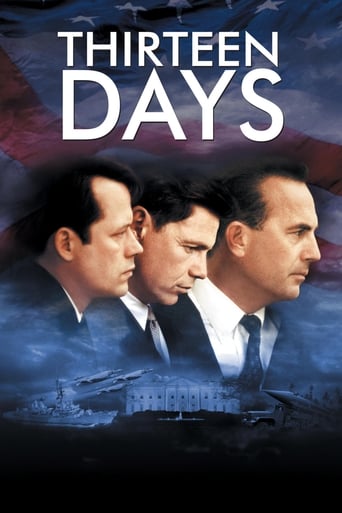



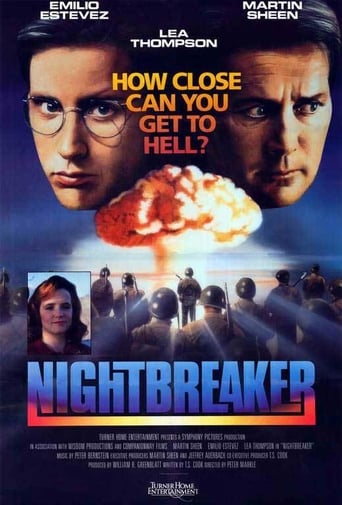
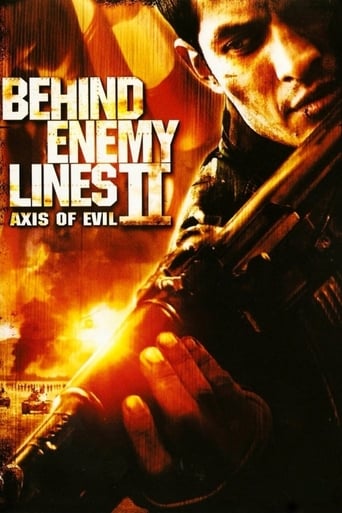

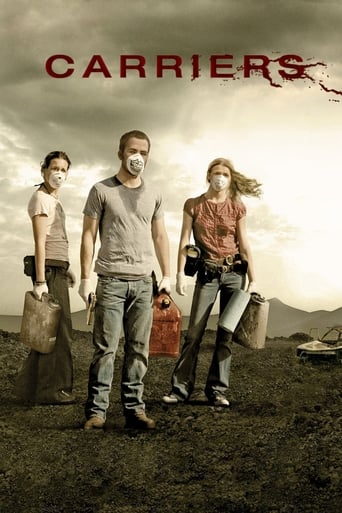

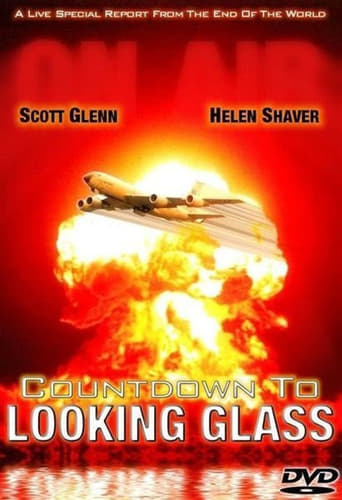

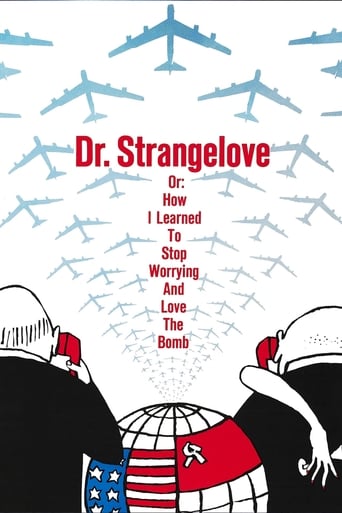

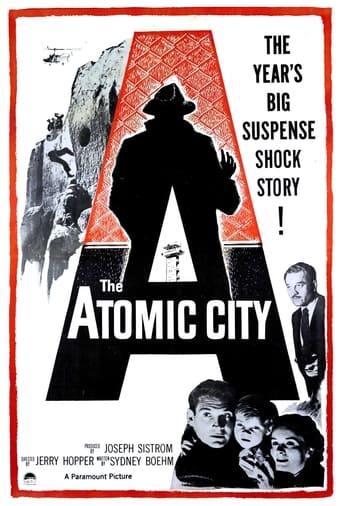





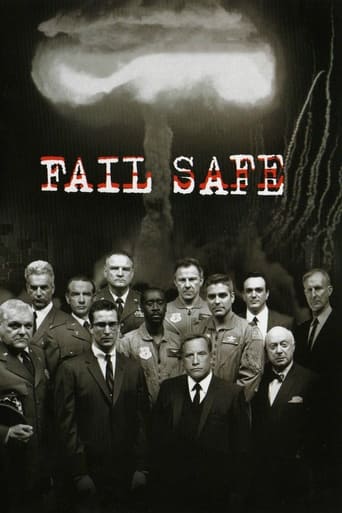
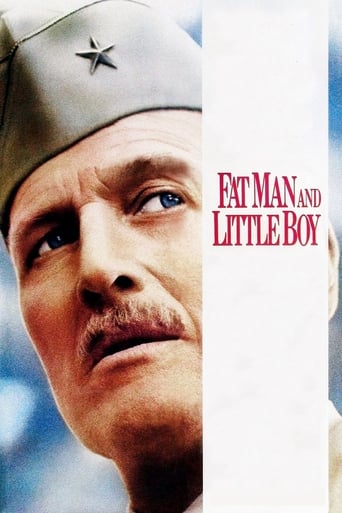

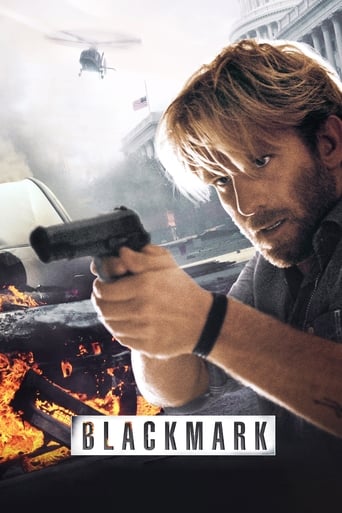




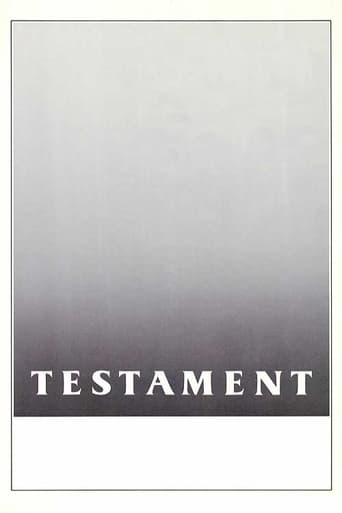




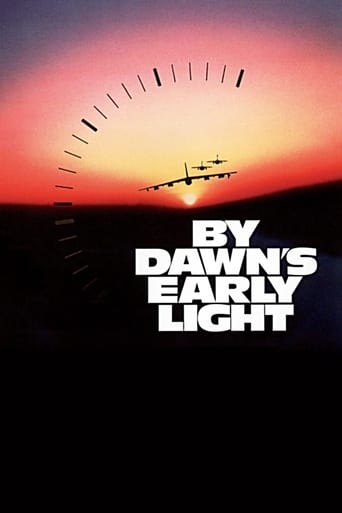

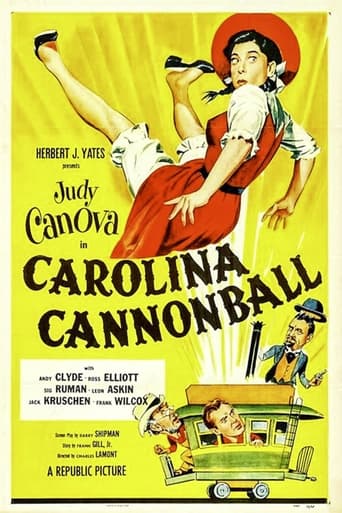
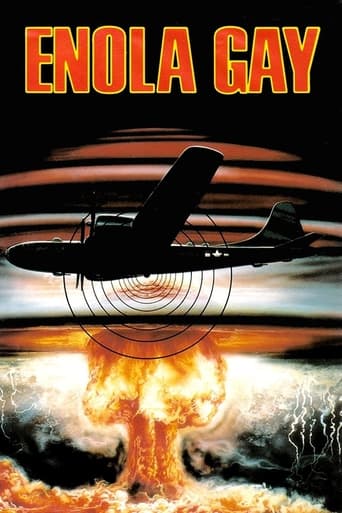
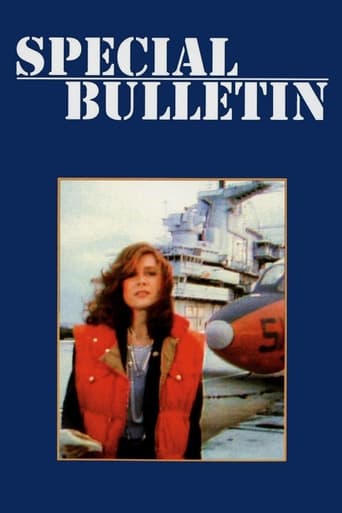
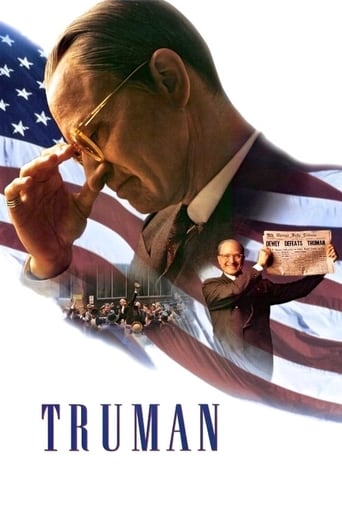
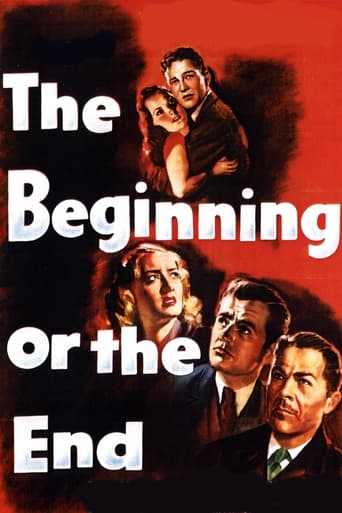




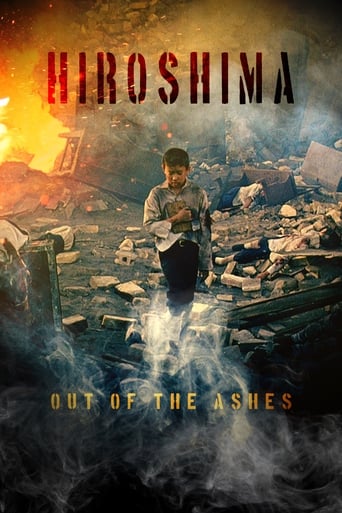



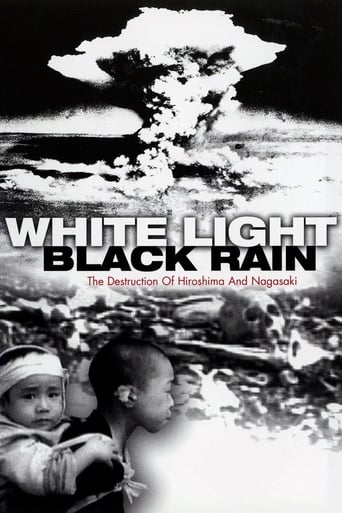
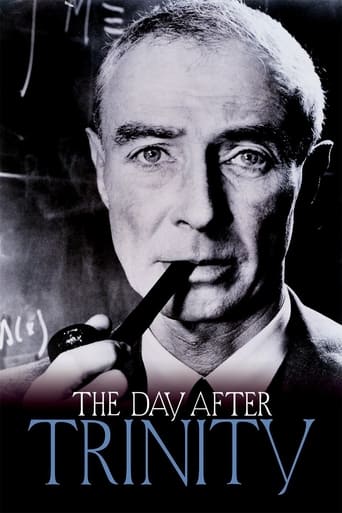
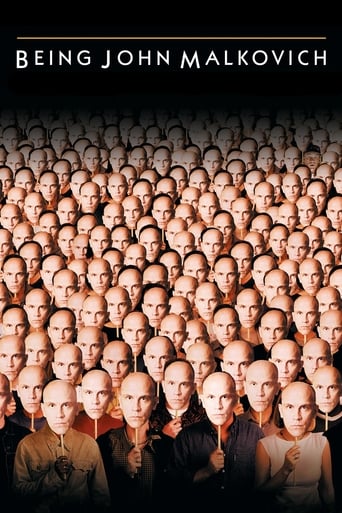


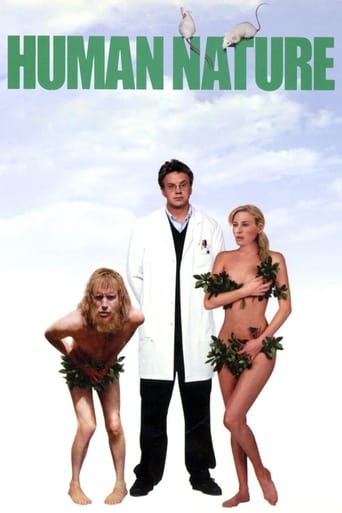


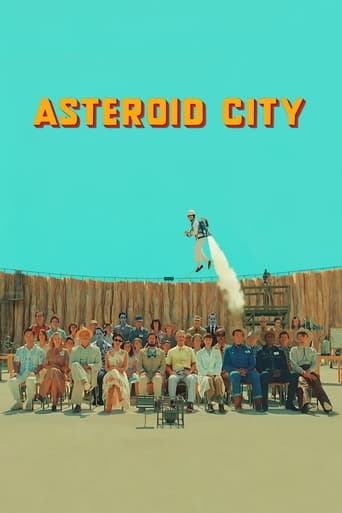
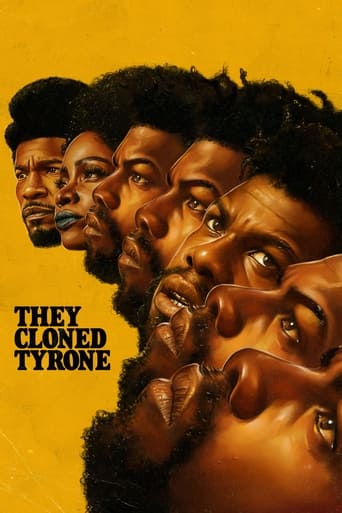
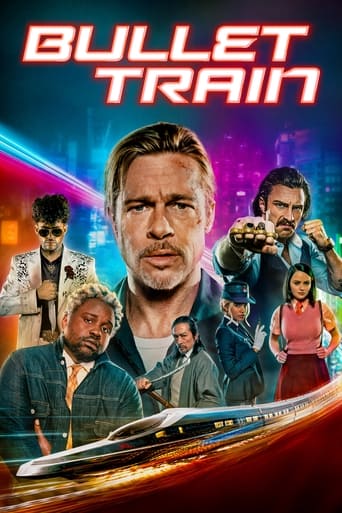
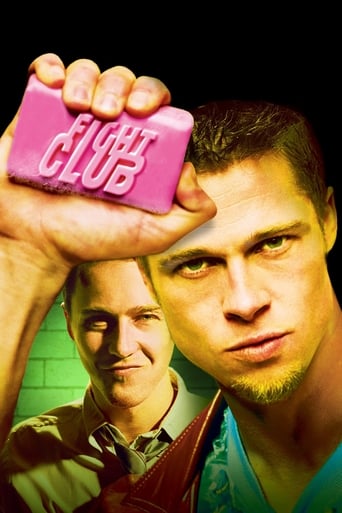



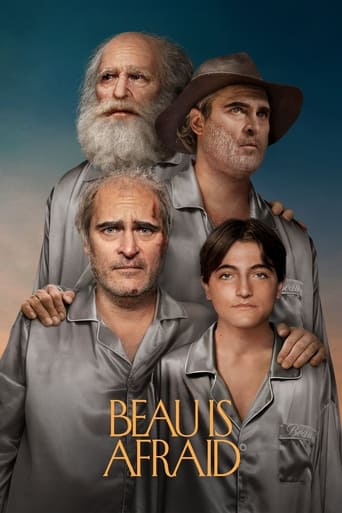
Day One
Hungarian physicist Leo Szilard leaves Europe, eventually arriving in the United States. With the help of Einstein, he persuades the government to build an atomic bomb. The project is given to no-nonsense Gen. Leslie Groves who selects physicist J. Robert Oppenheimer to head the Los Alamos Laboratory in New Mexico, where the bomb is built. As World War II draws to a close, Szilard has second thoughts about atomic weapons, and policy makers debate how and when to use the bomb.